Have you ever wondered “why” about Japan? Discover Japanese answers to questions that Japanese are often asked by foreigners. I hope you can solve your doubts about Japan and make your life in Japan more enjoyable.
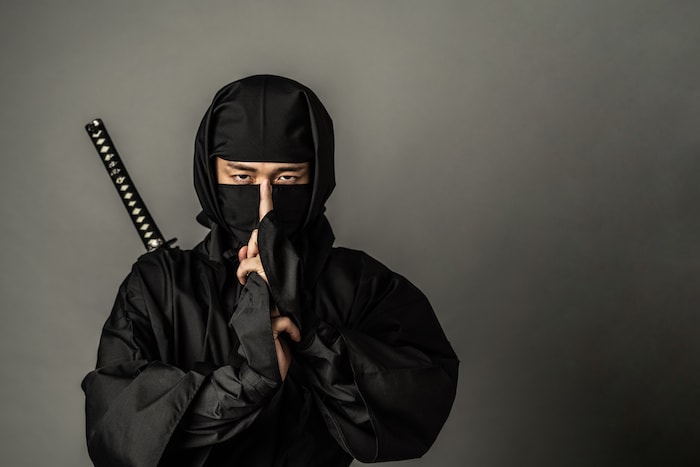
Q61 Where can I see a Ninja?
Unfortunately, there are no more living ninjas. If you go to a tourist attraction called the Ninja Village, you can see ninjas. Ninjas were used for infiltration, sabotage and assassination many centuries ago.
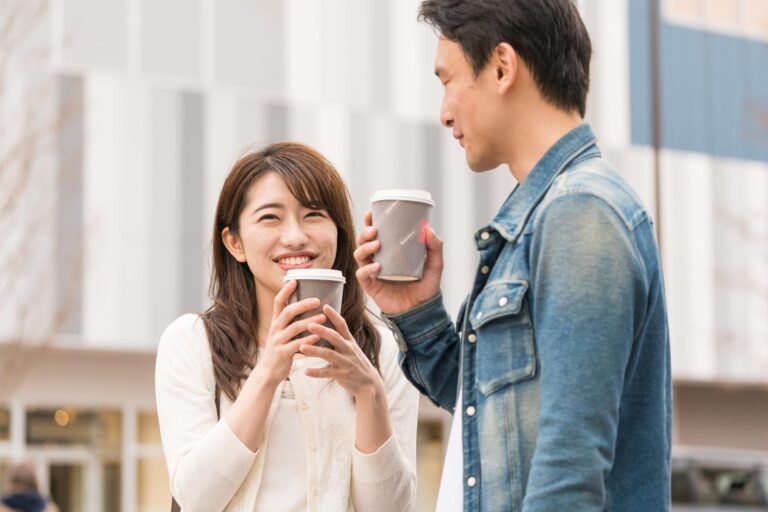
Q62 Do people in Japan divide any costs between them when they go on a date?
Some young couples do, but it depends on each couple. In many cases, the man may also pay for the woman's share. Many men and women feel more comfortable splitting the money up.
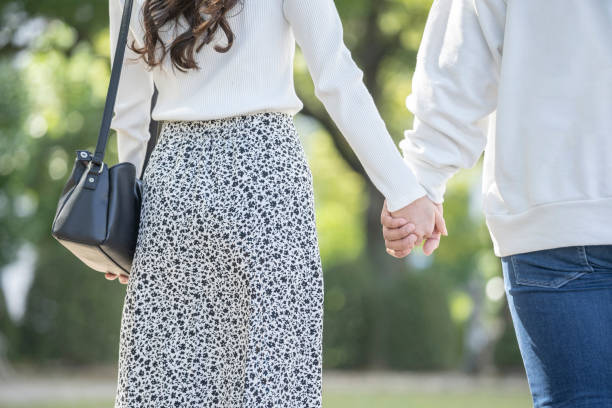
Q63 Why don't Japanese couples hold hands?
Some older people think it's rude. They may just be embarrassed to hold their partner's hand. Many couples do hold hands, so it depends on the person and the generation.
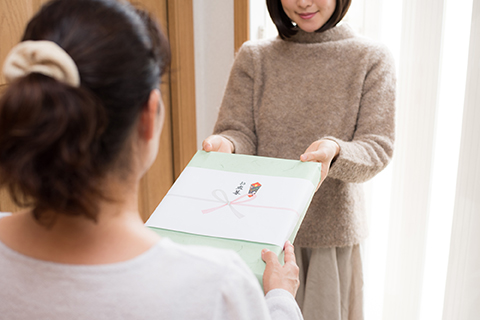
Q64 Why don't the Japanese open their gifts on the spot?
Some people think it's bad manners to open them on the spot. It is considered impolite to open a gift in front of someone.
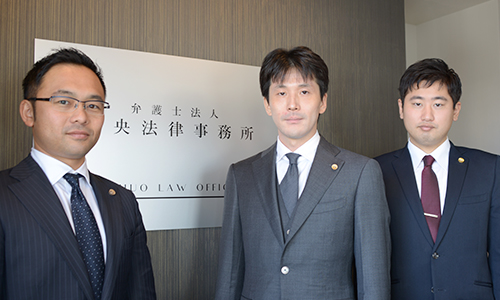
Q65 Why do the Japanese call someone who is not a teacher "Sensei" (Teacher)?
Sometimes people are called "Sensei" to flatter or to make fun of them in a blunt manner. Doctors, novelists, lawyers and politicians are sometimes called (sensei) in Japan. Some people do so to show respect for that person. Some older people call people that when they are doing it.
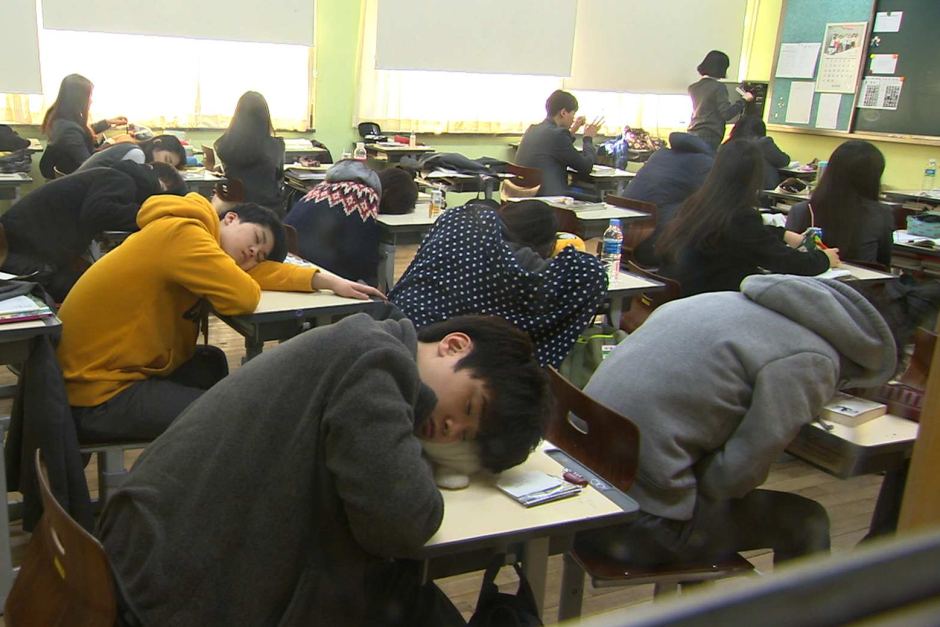
Q66 Why do Japanese students sleep in class?
In a boring class, it can be difficult to stay awake. It's because many students stay up late because of social networking and smartphone games. There are plenty of serious students as well. Maybe it's because they can get credit for their projects as long as they attend.

Q67 Why do Japanese people like taking a bath so much?
Perhaps one reason is the Japanese climate. During the cold winter months, people take a bath before going to bed to warm themselves up. In the hot and humid summer, people sometimes take a bath in cold water to cool off after a long day's work. A bath is a great way to relax.

Q68 Many people look tired, but do Japanese people sleep properly?
Many businesspeople come home very late and have very little time to sleep. According to one study, the actual average person sleeps for 7 hours and 15 minutes. It varies from person to person. It also varies by age and occupation.

Q69 Why don't Japanese people display family photos at work?
Maybe some people don't want to talk much about their family at work. They want to keep their work and personal lives separate. They don't want people to think they are bragging about their family.
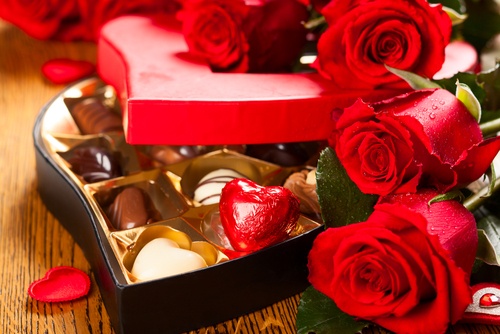
Q70 Why do women give chocolate to men on Valentine's Day?
It's a Japanese tradition on Valentine's Day. Women win men's hearts with chocolate. In January, department stores and convenience stores begin to have large displays of chocolates.
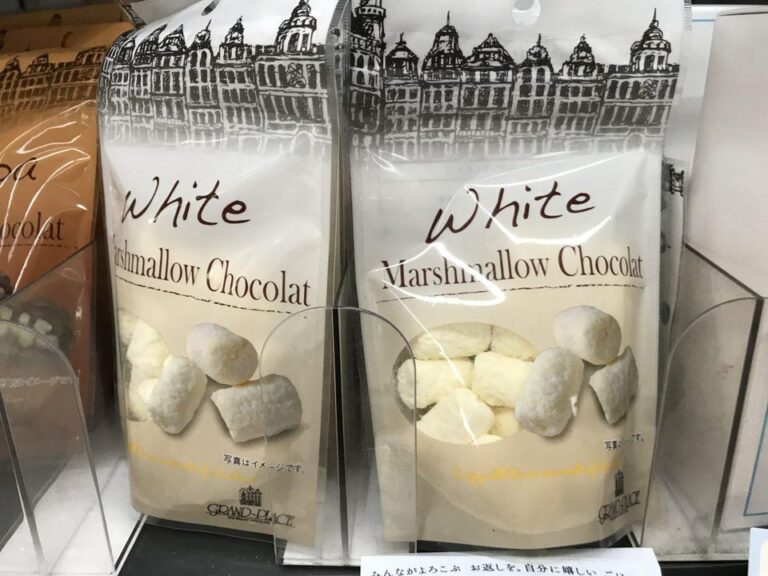
Q71 What is White Day?
White Day falls on the fourth day of March, just one month after Valentine's Day. On White Day, men are supposed to send their women chocolates in return for the chocolates they received on Valentine's Day. Because of the name White Day, the color of the chocolate is often white. This White Day tradition is said to exist not only in Japan, but also in Korea and Taiwan.

Q72 Why do Japanese adults read manga?
Japanese manga is not just for children. There are a lot of manga series that are targeted toward adults and cover topics such as business and investment. There is a surprisingly large variety of manga in Japan.
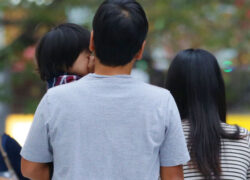
Q73 Why do Japanese men speak ill of their wives in public?
In Japan, some older men think it is polite. Some say it's just to hide their embarrassment. But that doesn't mean they don't love their wives.

Q74 Do many people still sleep under the futon?
The number of people using futons is decreasing. However, futons are part of the traditional Japanese way of life. Japanese bedding is also intended to be laid on top of tatami mats as a kind of comforter. Futons are convenient because they can easily be stored in a closet.
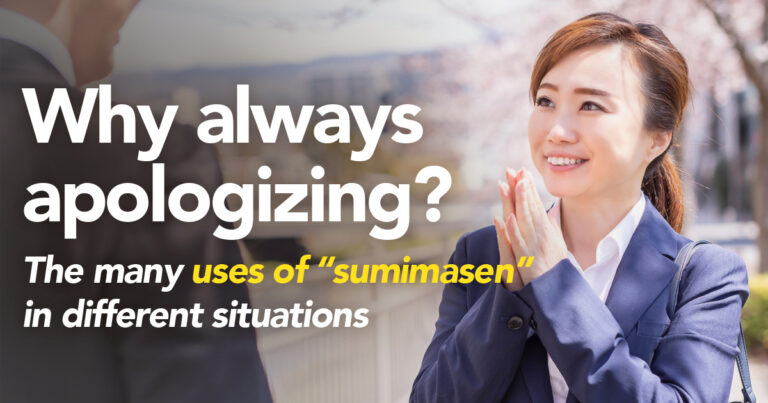
Q75 Why do Japanese people say "Sumimasen(I'm sorry.)" when they say "Arigato(Thank you.)"?
"Sumimasen" implies an apology. It can also be used to express gratitude. What we mean is our appreciation and apology for the time and effort spent on it. In some cases, it can have more than one meaning.
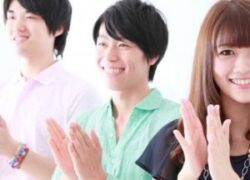
Q76 Why do Japanese people like to give praise, but not receive it?
Japanese people consider it polite to offer praise, but it is considered rude to accept it. It is considered best to accept praise with a great deal of humility.
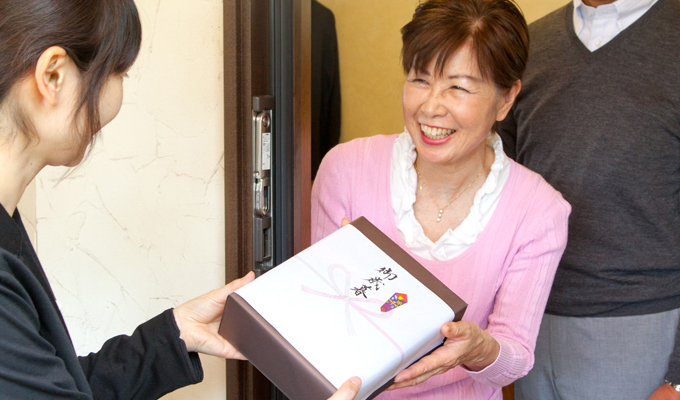
Q77 Why is it that when you give a gift, it is boring?
Because Japanese culture emphasizes the virtue of humility. Even if the gift is not trivial, it is meant to show humility. It's customary to speak ill of a gift before accepting it.
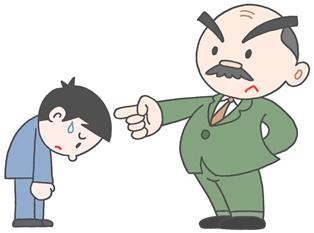
Q78 Is it true that there is a hierarchy of seniors and juniors?
When a younger person speaks to an older person, a term called "honorific" is used to show respect. In East Asian countries such as China, Japan and South Korea, respect is shown to older people. This may come from the Confucian spirit.

Q79 Why do the Japanese like to ask about people's blood type?
Some people believe that blood type is related to a person's personality and nature. They just enjoy making predictions based on a person’s bloodtype. At the same time, many people know that there is no scientific basis for that interrelationship. Some people use it as a conversation starter.
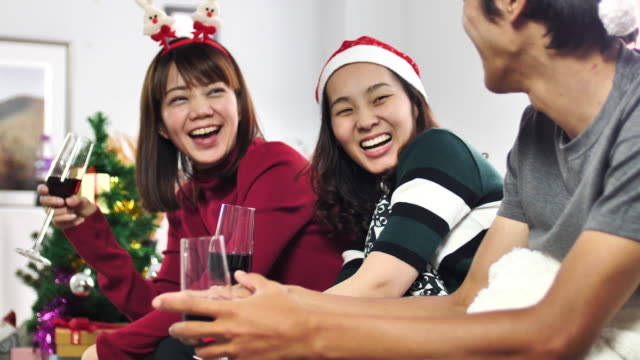
Q80 Why do you celebrate Christmas if you are not a Christian?
Many Japanese people just enjoy the celebration. Many people see it as a seasonal event rather than a religious event. Maybe enjoying Christmas is a cultural thing for us. We look forward to good food and exchanging gifts.
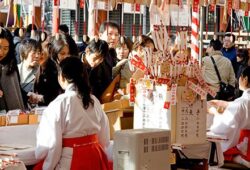
Q81 I've heard that many Japanese people don't have any religion, is it true?
Is it true? One is Shinto and the other is Buddhism. It is true that not many people go to shrines and temples every week, but that does not mean that they are not religious. Many people go to visit shrines and temples on New Year's Day. This may be especially true among young people.
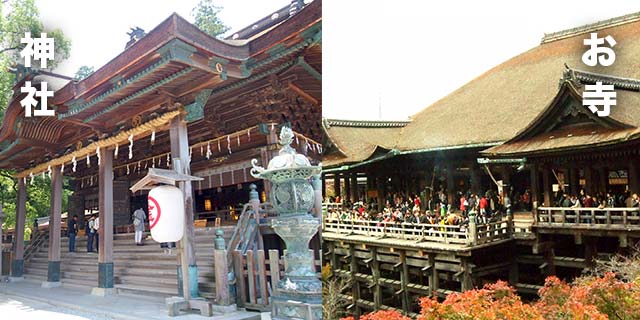
Q82 Do Japanese always go to temples and shrines?
Many Japanese do not visit temples and shrines every week. They go to shrines and temples when they need to, for example for festivals, ceremonies and funerals. In Japan, many people visit shrines during the New Year's holidays. During festivals, many people gather at shrines.
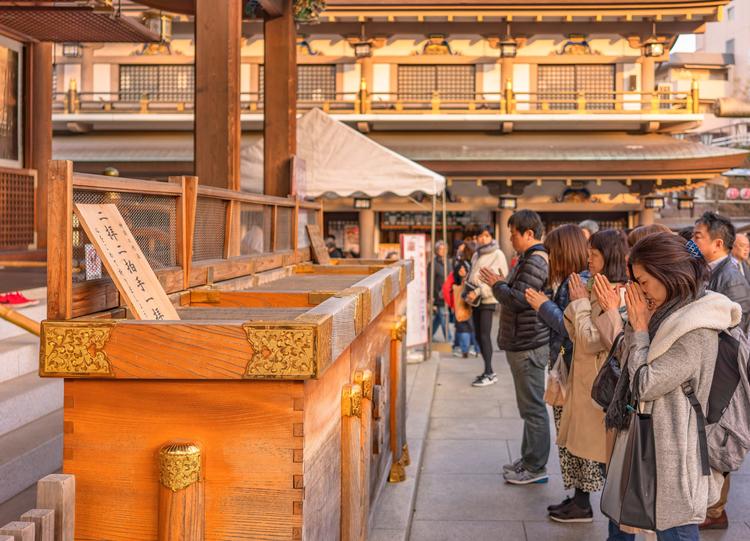
Q83 What do you do in a shrine?
Shinto shrines are institutions of veneration of spirits supposedly found in nature. All shrines have a torii gate. Before entering the torii, people should bow. After passing through the torii, people should wash their hands and mouth at a fountain or in a public bathroom at the shrine for purification. When praying, people ring a bell, bow twice, clap their hands twice, and bow once more.
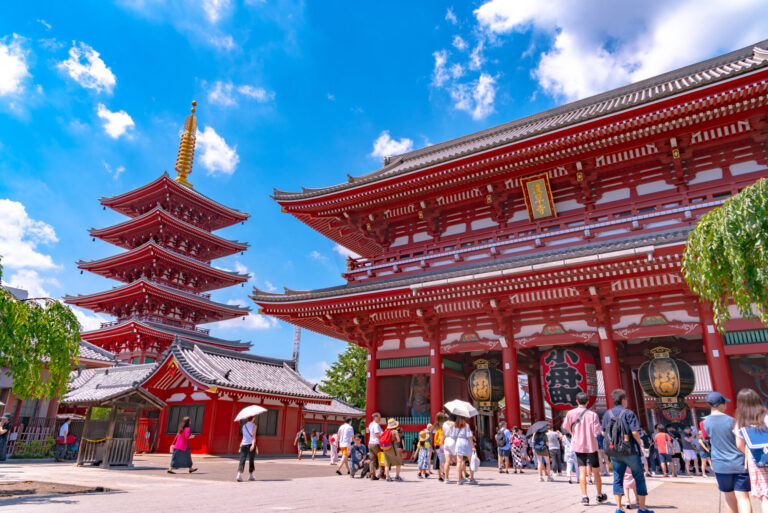
Q84 What do you do in the temple?
A temple is a Buddhist institution. There is a Buddhist statue in the temple and a monk lives there. At a temple, people bow at the temple gate. Unlike shrines, however, people do not clap their hands.
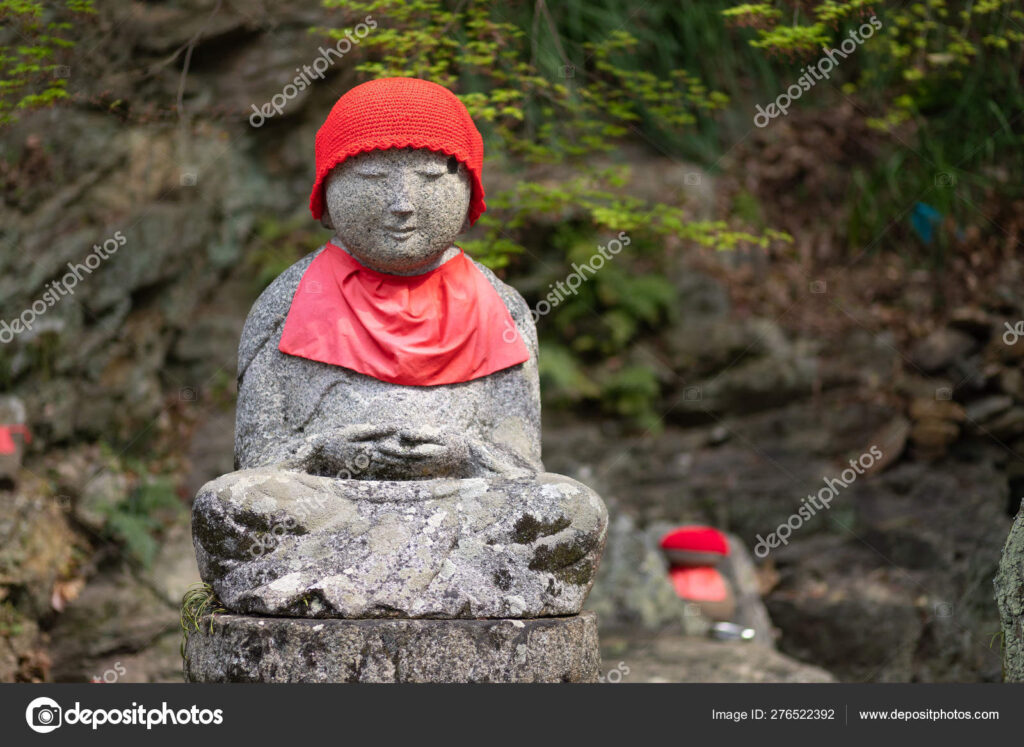
Q85 What is a Jizo?
A Jizo is one of the most common Buddhist statues in Japan. Jizo is represented as a small statue of a monk. Jizo watches over people to make sure they are healthy and safe. People leave flowers or sake at a Jizo as an offering to it.
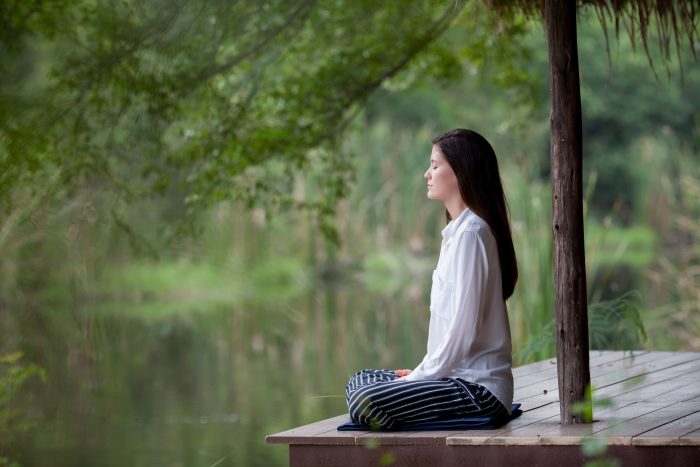
Q86 What is Zen?
The original meaning of the word is Zen Buddhism, a branch of Mahayana Buddhism. Some people use the word zazen to mean meditation. In Japanese, za means to sit, and zen means meditation. Some people think that Zen is an awakening of the spirit.
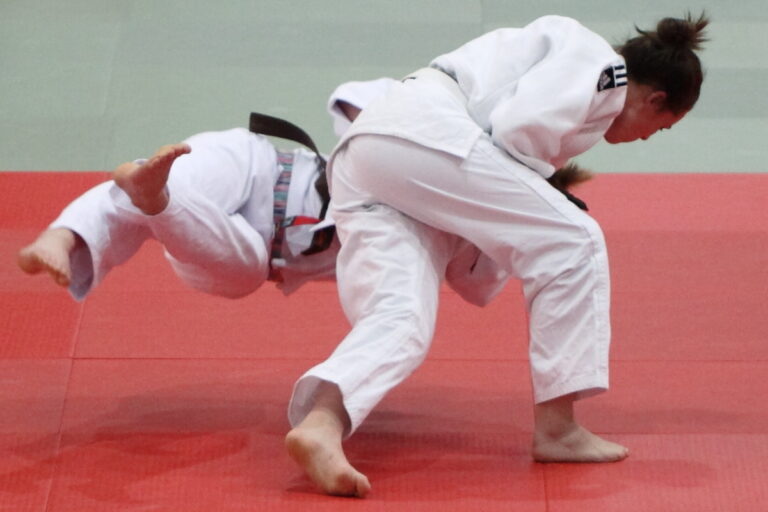
Q87 What is the difference between Karate and Judo?
Karate is an aggressive martial art that involves attack. Judo is a purely defensive martial art Judo is more about throwing techniques. Both martial arts originated in Japan.
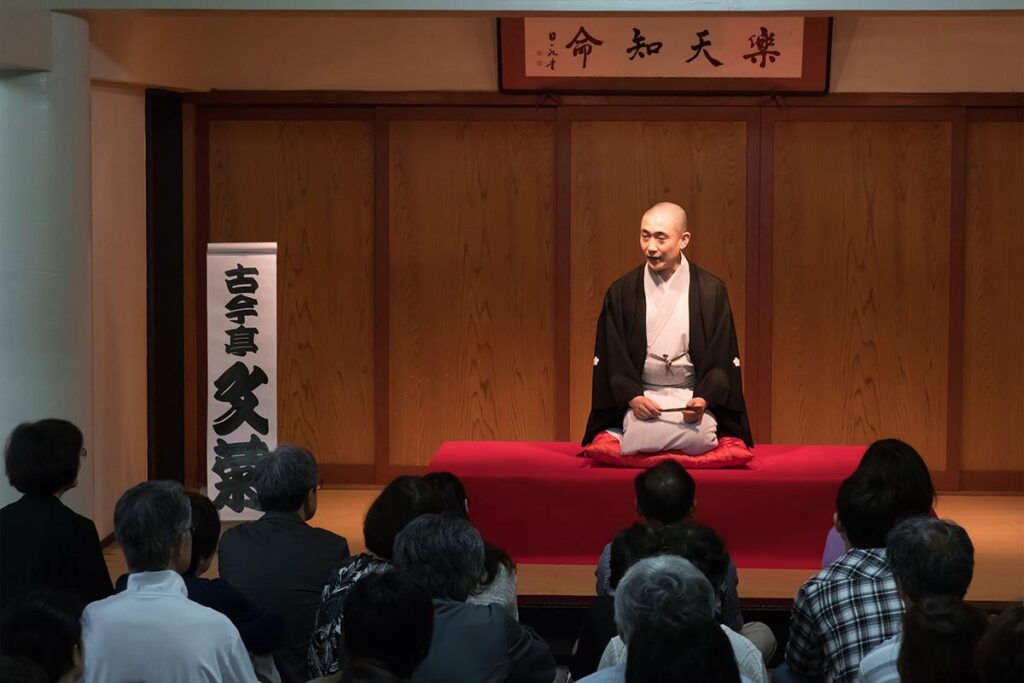
Q88 What is Rakugo?
It is a type of gardening through traditional Japanese storytelling. The narrator sits alone on a stage and tells funny stories while playing different people. The narrator uses only sense and tenugui for props. Each story ends with a punchline.
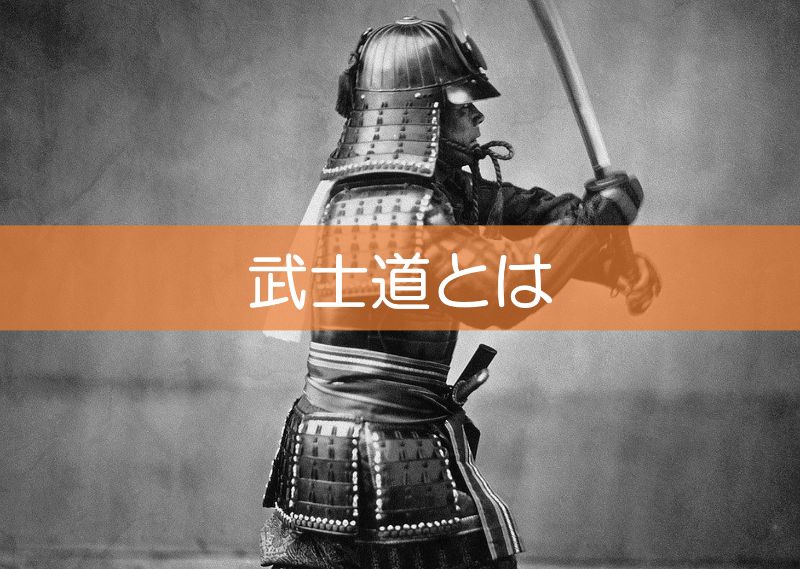
Q89 What is Bushido?
The term describes the code of conduct of the samurai. Literally, it means "the way of the samurai". The term was born out of a samurai's sense of ethics. In the book titled "Bushido" (The Way of the Samurai), it is translated as “Japanese Soul.”
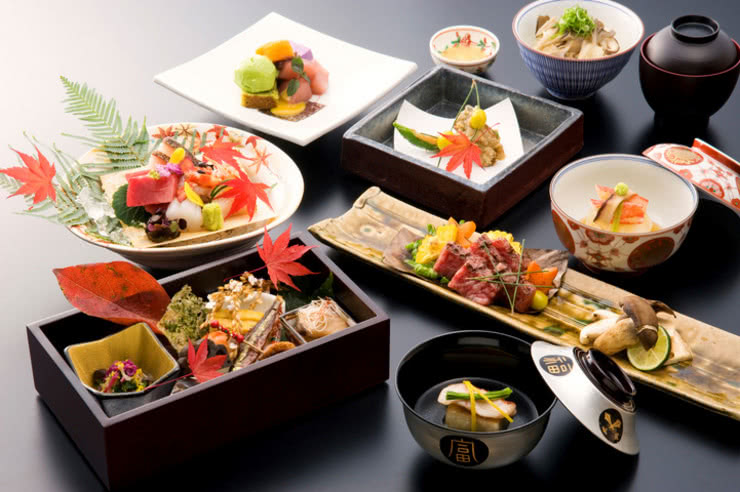
Q90 What is Kaiseki?
It's an upscale, traditional Japanese course dinner. It's not just the ingredients, but the utmost care is taken with the dishes. The combination of ingredients and the way they are prepared is an expression of the Japanese cultural aesthetic. You can feel the respect for the seasons in every dish.
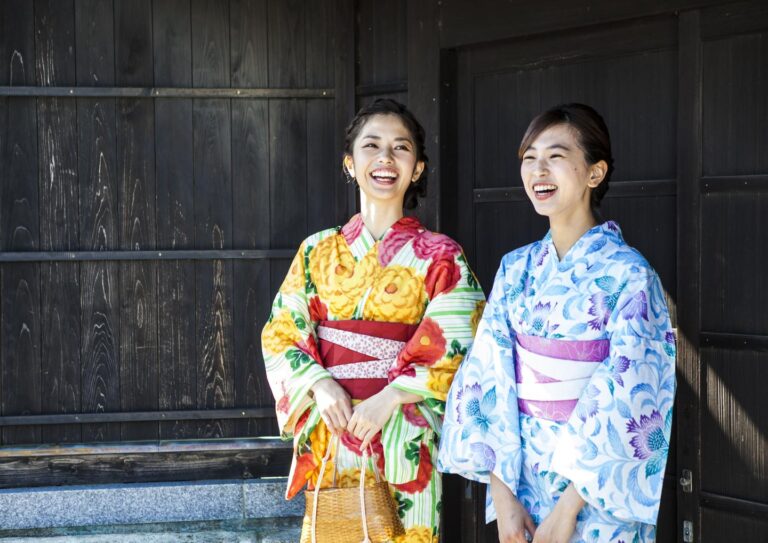
Q91 What is the difference between a yukata and a kimono?
The yukata and the kimono are both traditional Japanese clothing. The yukata can be considered as a kind of kimono. It is easier to put on a yukata than to put on a kimono. The yukata was originally a sleepwear, but now it is often used as a traditional costume for summer festivals.
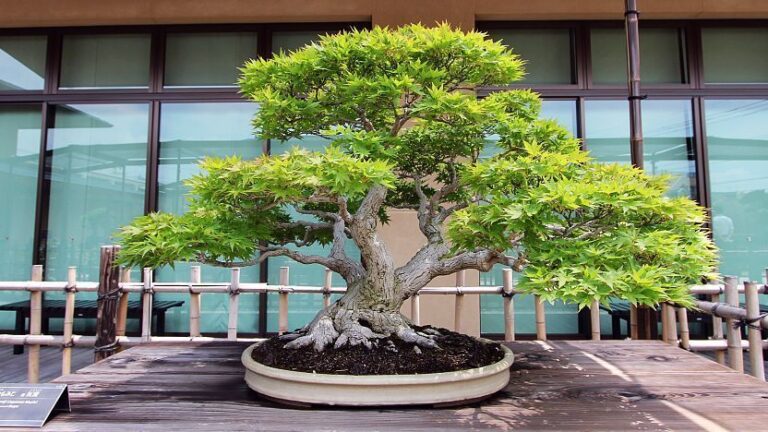
Q92 What is the difference between bonsai and regular gardening?
Bonsai is a special Japanese art form that involves making a ki, or shrubbery like like a miniaure tree. People can keep it small by pruning their ki and grafting branches onto it. Some can take hundreds of years to grow.
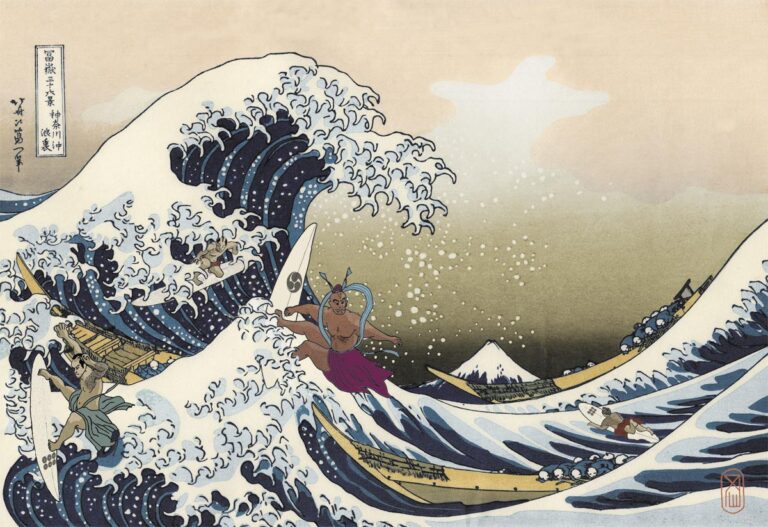
Q93 What is Ukiyoe?
Ukiyo-e is a woodblock print which started around the 16th century. Ukiyo-e was one of the later styles of wood block printing that became very popular around the 18th century. People used it to make leaflets about to travel, kabuki actors and daily life. Ukiyo-e works were introduced to European artists like Monet in the 1850s.
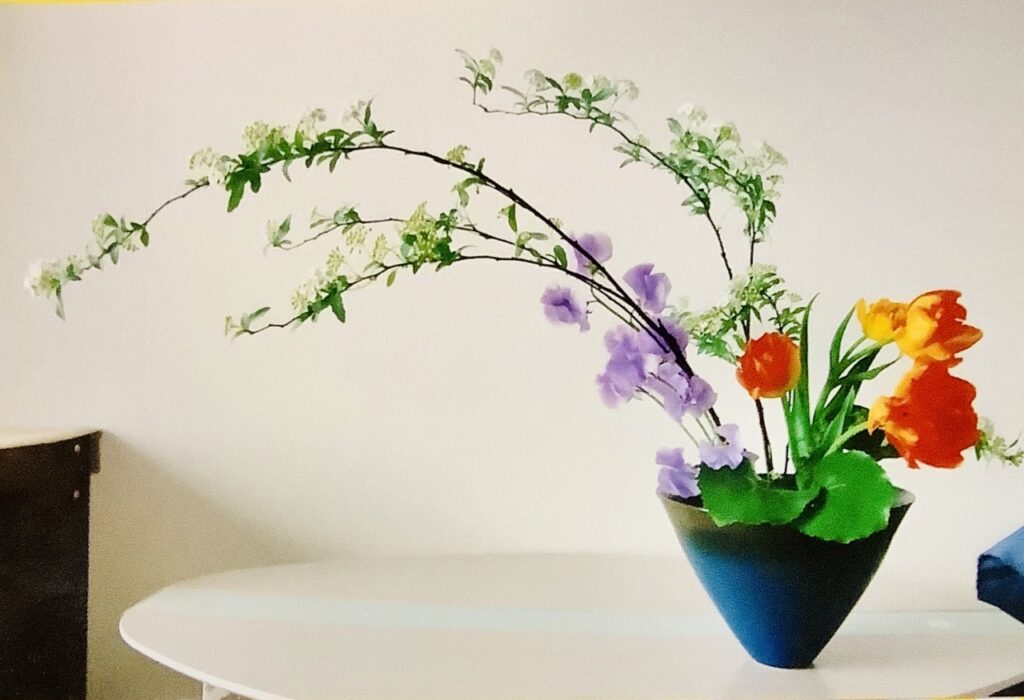
Q94 What is Ikebana?
It is a traditional Japanese art of flower arranging. Fresh flowers are used for the aroma they produce Grass and leaves are also used in arrangements. Its origins are in complex flower arrangements offered to Budhha at various temples. Fresh flowers can often be found in the entrance halls and lobbies of large buildings.
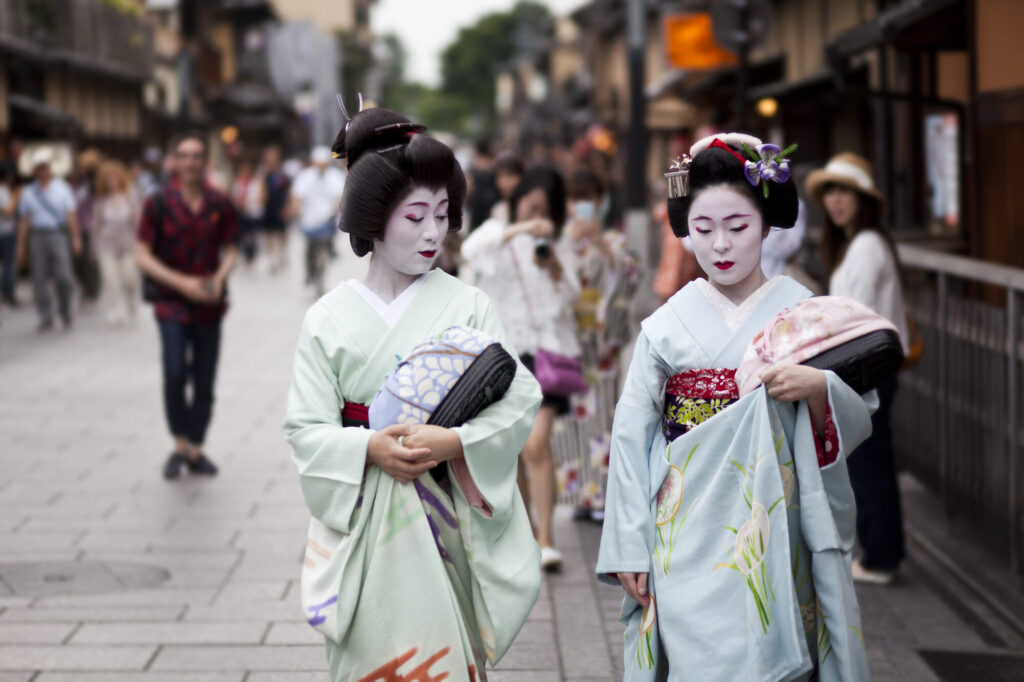
Q95 Where can I find Geisha?
A geisha is a woman who entertains guests with music, dancing and singing. Their makeup is distinctive, with white paint and a red mouth with black accents around the eyes and on the eyebrows. Unlike the samurai, they still exist. Mostly they live in Tokyo or Kyoto. You may spot them on the old streets of Gion in Kyoto.
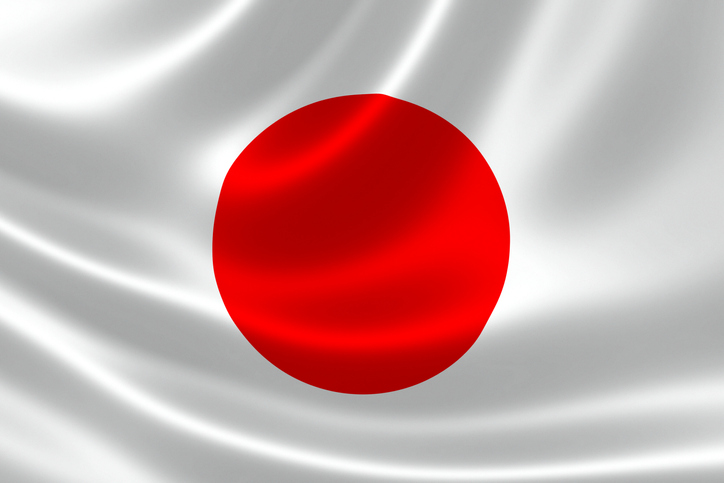
Q96 What does the design of the Japanese flag mean?
The striking red circle in the middle represents the sun. Japan is famously called "The Land of the Rising Sun". The national flag of Japan is made of red and white. These are considered to be the colors of good luck. The combination of red and white has long been a symbol of a sunny day.
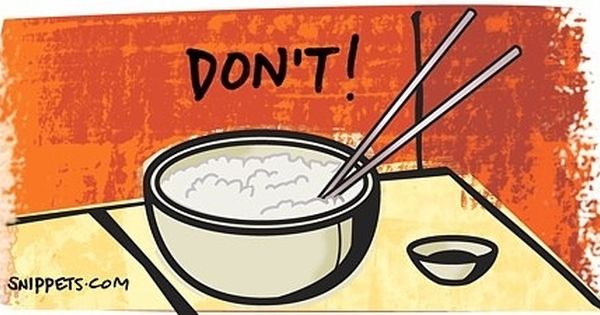
Q97 Is it bad manners to place chopsticks upright in food?
You shouldn't do it because it is considered a sign of bad luck and very rude. You can use the chopstick rest provided at a meal. Sticking chopsticks upright in food when not using them is a sign of death. It is a way to prepare food for the soul of the deceased at the time of death, and it is part of a funeral ritual.
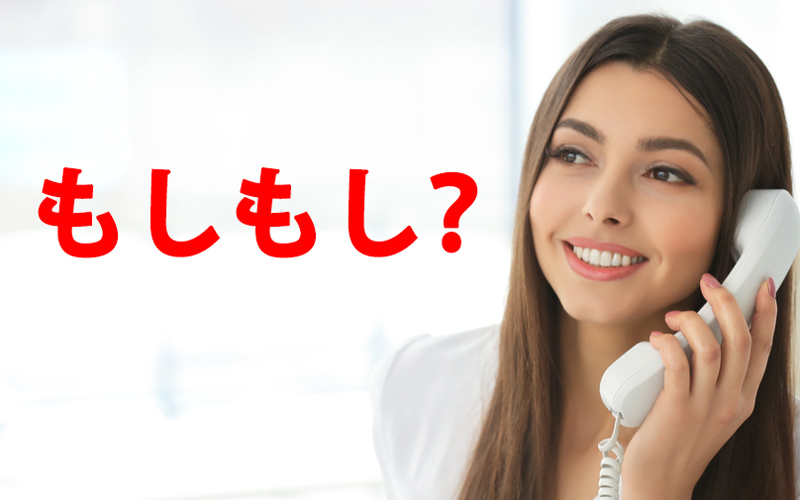
Q98 Why do I say "Moshi-moshi" only when talking on the phone?
Moshi Moshi means "Hello" and is only used during a telephone conversation. Originally, it was used to mean "Can you hear me? You can also use it to answer the phone when you don't want to say your name.
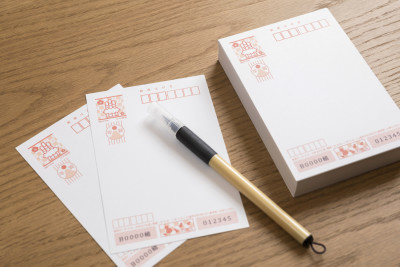
Q99 Why do the Japanese send so many New Year's cards?
We send out New Year's cards to wish our friends a happy New Year. The custom of sending New Year's cards is similar to the custom of sending Christmas cards in the West. The New Year's card has an animal of that new year's zodiac sign printed on it.
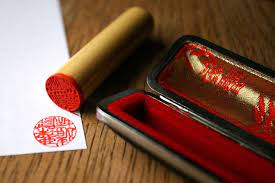
Q100 What is a Hanko?
It is a stamp of an individual's name or an organization's name. In Japan they are used instead of signing documents. When you go to a hanko shop, you can order a stamp with your name on it, too.

Q101 Why don't the Japanese speak much English?
Maybe it is because you don't need English to live and work in Japan.
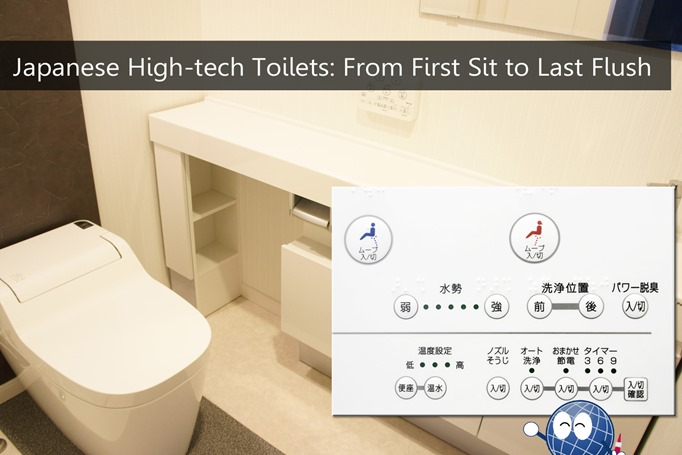
Q102 Why is it that Japanese people are often reluctant to express their opinions?
Some people think it's not humble to express an honest opinion. Maybe the Japanese have a greater ability to understand each other without words. Some say it is a Japanese custom.
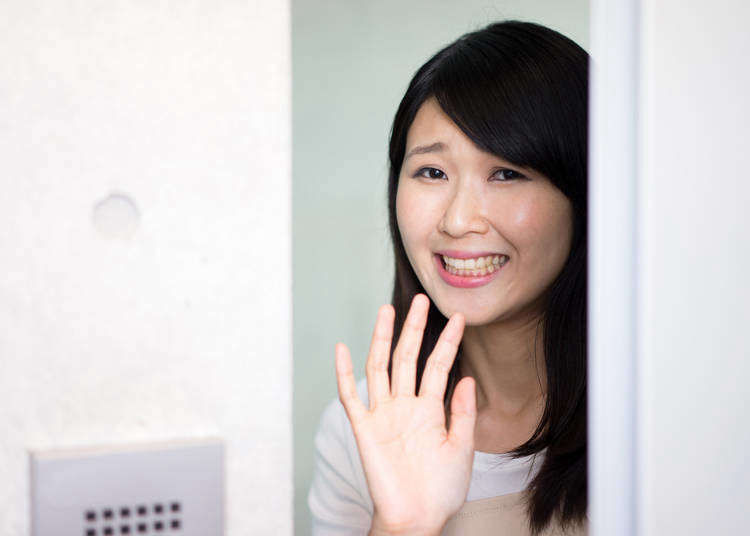
Q103 Why don't Japanese people talk to people who are in trouble?
Many Japanese do people help people in trouble. Some Japanese people may have trouble communicating with foreigners doctors. It may be because there are not many people in Japan who need help in the first place.

Q104 Why can't people with tattoos go to public baths or hot springs in Japan?
Maybe it's related to the fact that tattoos were, in the past, used as a way to indicate people who were criminals. Tattoos are also associated with membership in the yakuza. Through these associations, tattoos are considered unhygienic. There are lists of public baths and hot springs that can be enjoyed by people with tattoos.
This document is based on the results of an independent survey conducted by the HH JapaNeeds team in 2022.





